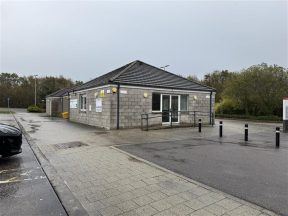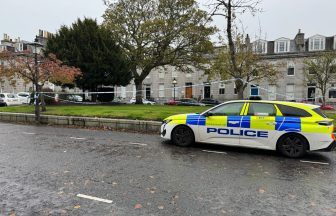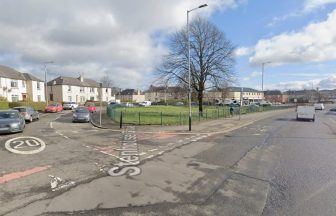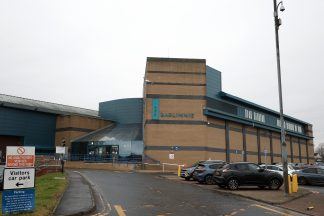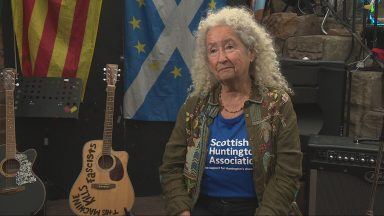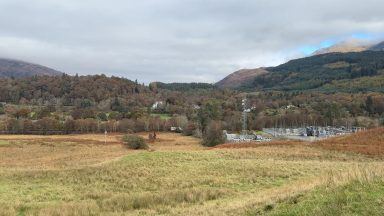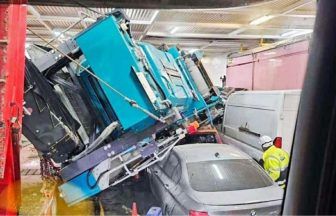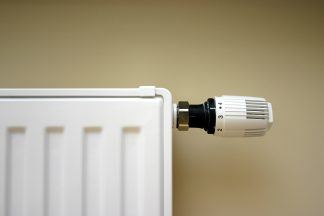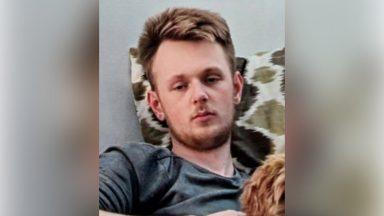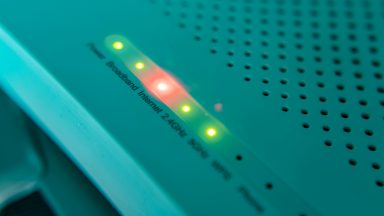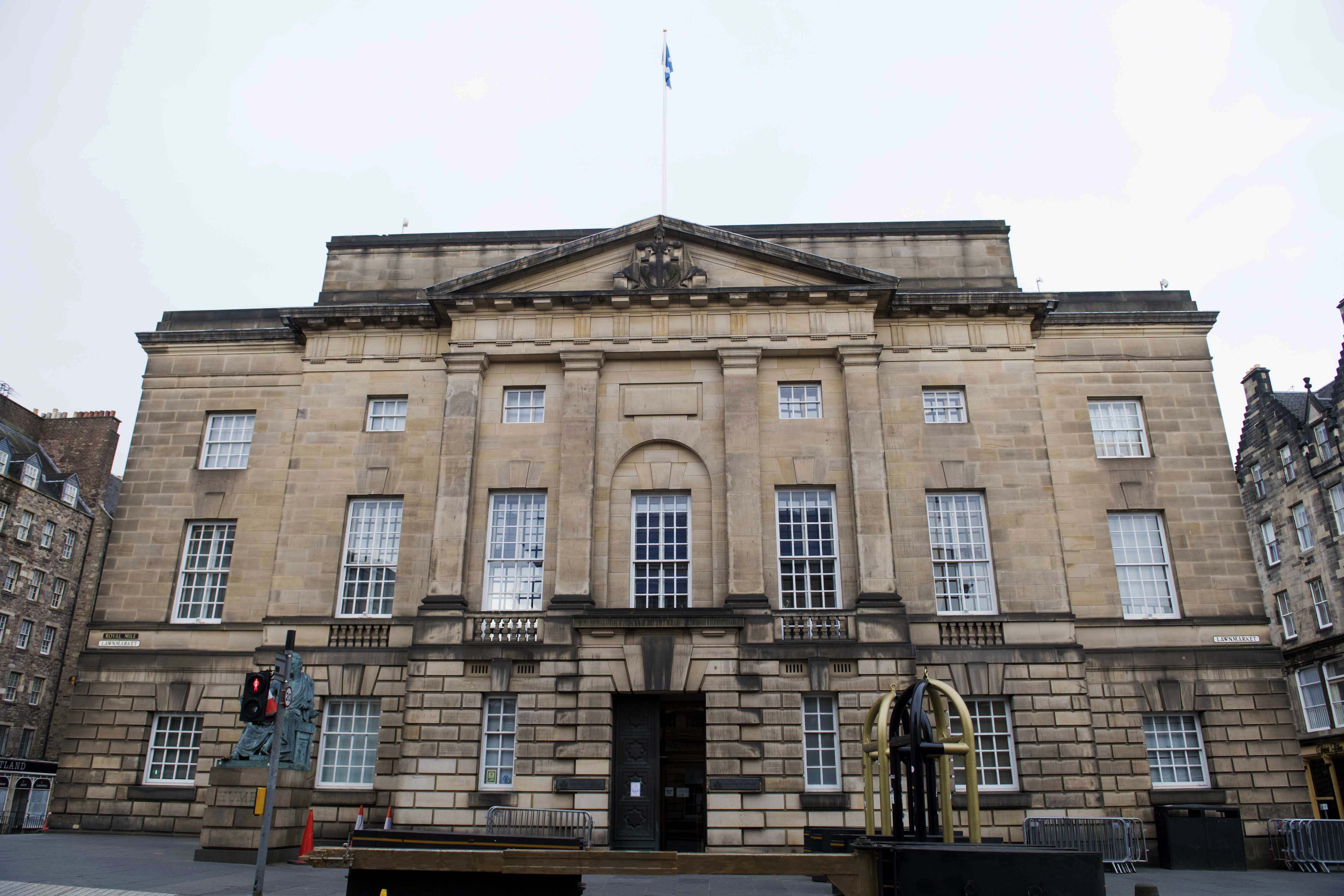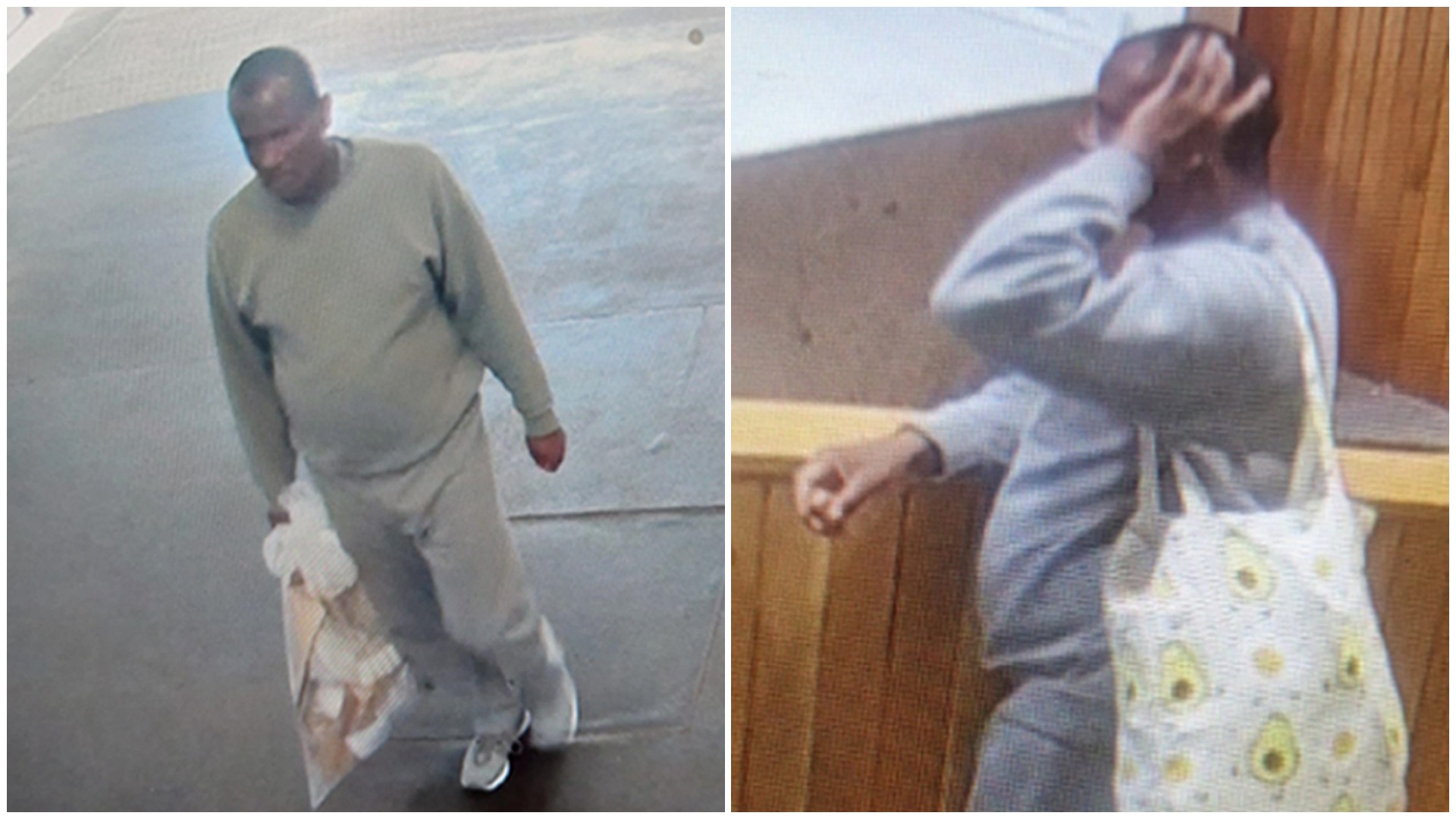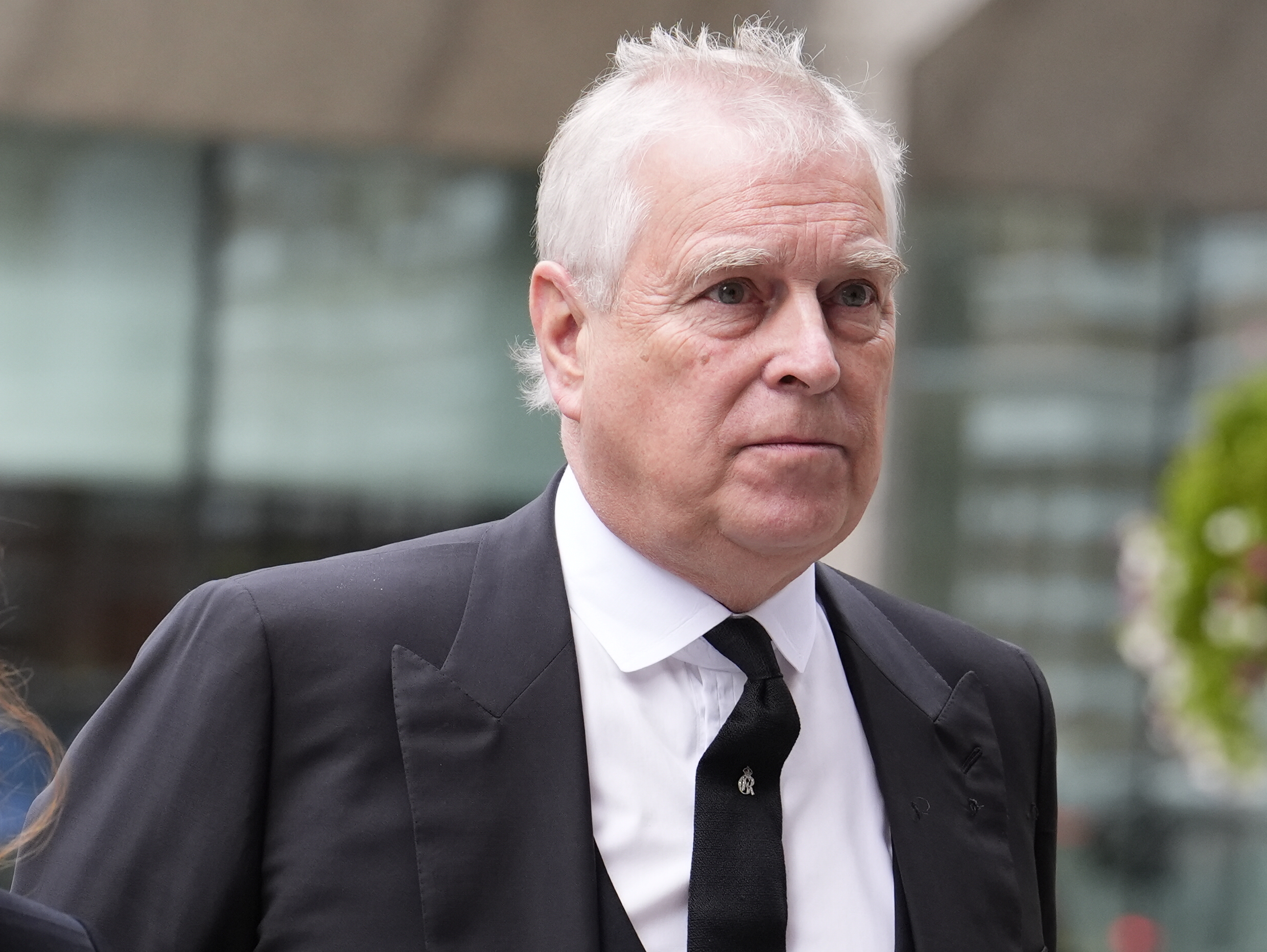Canadian astronaut and author Chris Hadfield says Scotland’s burgeoning space industry is “exciting” and “inspiring”.
Speaking to STV’s Scotland Tonight ahead of his UK tour in June, the Commander, best known for his cover of David Bowie’s Space Odyssey recorded on the International Space Station, said that it was crucial more countries have their own launch capabilities for scientific research, as well as defence purposes.
The first vertical launch from the SaxaVord Spaceport on Unst, the northernmost of the Shetland Islands, is expected to take place in July this year, after the Civil Aviation Authority (CAA) gave approval for German company Rocket Factory Augsburg (RFA) to carry out a test flight.
He said: “Every country needs to think about do they want to pay another country to launch their satellites into space, especially as space becomes more common.
“When you look to the war countries right now, like what’s going on in Ukraine, or what’s going on around the other end of the Mediterranean…space assets are really important, and so for a country, you have to decide, should we have our own launch capability, not just for science and research and helping people and communications, but also for defending ourselves.
“I know Canada, where I’m from, is looking at it and developing launch capability from Canadian soil and the fact that the UK and Scotland are doing the same thing makes a lot of sense.
“It’s just such a grand new stage in the human story of exploration and development, and to see more and more countries capable of launching their satellites and eventually, maybe even their people into space, I find all of that not just exciting but extremely inspiring.”
The privately-owned Scottish spaceport has already been granted a spaceport licence and a range control licence by the Civil Aviation Authority.
RFA’s first test flight, which it hopes to carry out in 2025, would be the first vertical launch of a satellite from European soil, and it is the first company to receive a licence for this type of launch.
Known as RFA One, the launcher is a 30m-tall three-stage rocket which can deliver a 1,300kg payload to a sun-synchronous orbit around Earth.
During a static fire test last year, the first stage of the initial rocket caught fire and exploded, meaning plans for the first launch to take place in 2024 were pushed back.
Follow STV News on WhatsApp
Scan the QR code on your mobile device for all the latest news from around the country


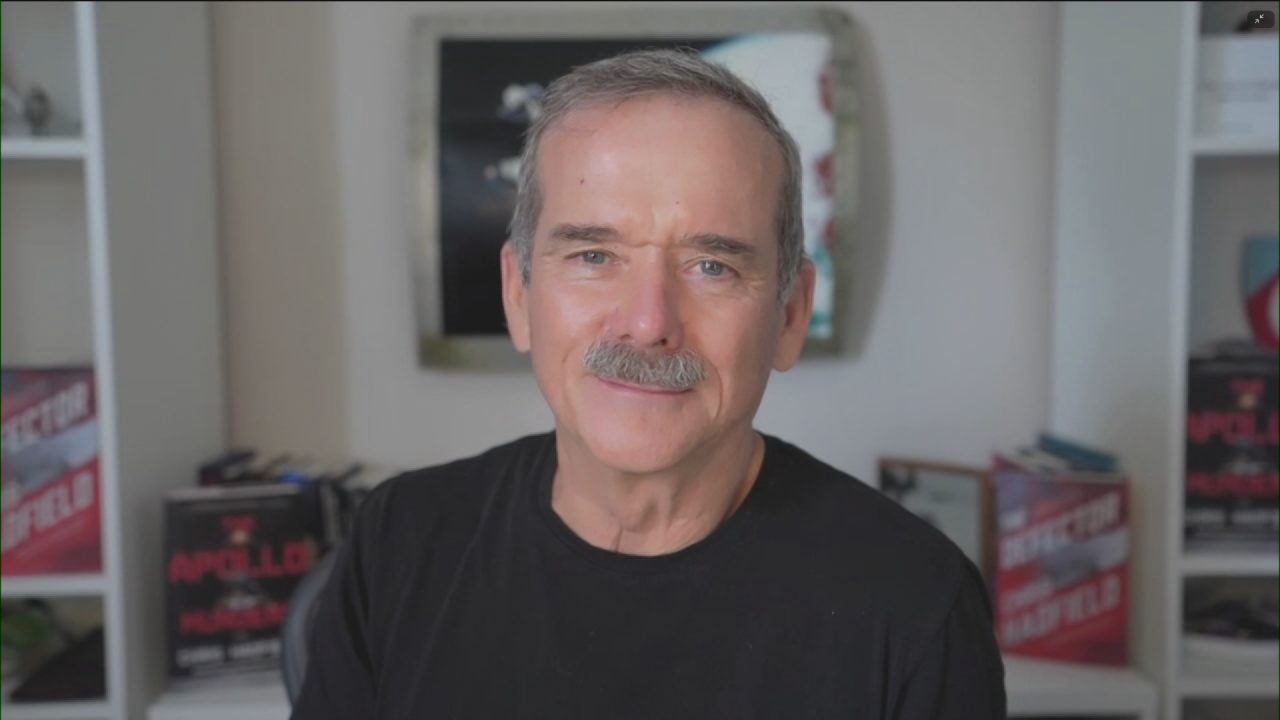 STV News
STV News

